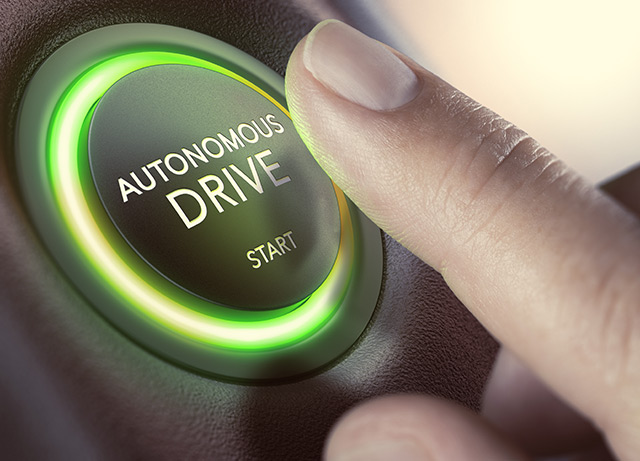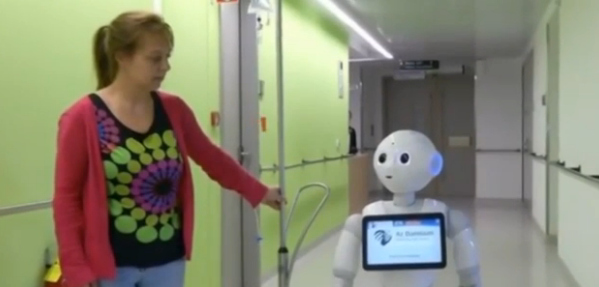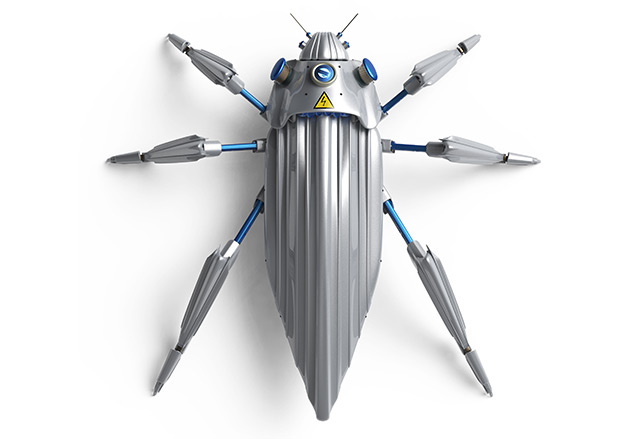Pain is an evolutionary blessing and curse. It’s a curse in the trivial sense that pain hurts. On the other hand, pain is a blessing because it signals an internal “red flag.” We’d be engaged in all sorts of dangerous activities without pain, whether it be staying out in the cold for too long or burning our fingers on a hot stove.
Because artificial limbs are devoid of pain, amputees have a higher risk of damaging their prosthetic arm or leg. Consequently, a new “smart skin” is in the making that could help amputees feel the world around them with artificial limbs.
A host of prosthetic devices can be controlled using nerves, muscles and even the brain. The smart skin is made from a substrate of organic circuits and pressure sensors, which could give rise to the very first sensual prosthetic.
How to put pain in the membrane
The smart skin was developed by a team of researchers at Stanford. It can detect the force of static objects by transferring sensory signals to a tapestry of neurons in the brain.
One of the biggest challenges developing the smart skin was to create sensors capable of feeling pressure the way people feel pressure. In order to close this gap, the scientists folded carbon nanotubes into pyrmaid microstructures to create the skin.(1)
These carbon nanotubes are particularly effective at taking the signals of a nearby electric field and transferring them to the receiving end of an electrode that boosts sensitivity.
It should be noted that the sensation of pain is not spatially located in the prosthetic limb. The brain gives rise to physical sensations, which are then projected onto body parts. The researchers are using the smart skin to transfer signals to the brain to produce these projections.
While this sounds good in theory, it’s difficult in practice. The researchers struggled to connect artificial skin cells to brain cells in mice. The light sensitive proteins in the mice wouldn’t produce spike signals long enough to be sensed. The researchers, therefore, had to design a new light sensitive protein capable of producing longer spike signals.(1)
The researchers were able extend the stimulation interval by hooking up new proteins to a region of the mouse’s brain known as the somatosensory cortex.
Dr. Benjamin Tee, of Stanford University, said: “Neurally-controlled prosthetic devices improve mobility and independence for disabled people.(1)
“The addition of tactile sensing can benefit the utility of these neuroprosthetics by enhancing motor control and relieving phantom limb pain associated with limb loss.(1)
“Thus, the implementation of human mechanoreceptor-like sensing systems would be an important step toward highly functional prosthetics.”(1)
Smart skin gives robots a thick skin
The smart skin won’t just clothe artificial limbs. Researchers hope to blanket military vehicles with the smart skin, such as an aircraft wing. The aircraft wing would “feel” its surrounding environment and report back to the pilot. The aircraft wing could report on the temperature, wind and wind speed.(2)
War machines that are capable of feeling pain in a similar way people feel pain could give the U.S. military an advantage over its rivals. On the other (artificial) hand, if robots could feel pain in the same way people feel pain, then moral consideration would have to be given to the preferences of robots, even air craft! Rather than minimize gratuitous suffering, the use of smart skin could actually maximize it.
Ultimately, moral consideration will be given to robots, not on the bases of intelligence, but if they have a thick skin.
Sources include:
(1) DailyMail.co.uk
(2) FoxNews.com




















